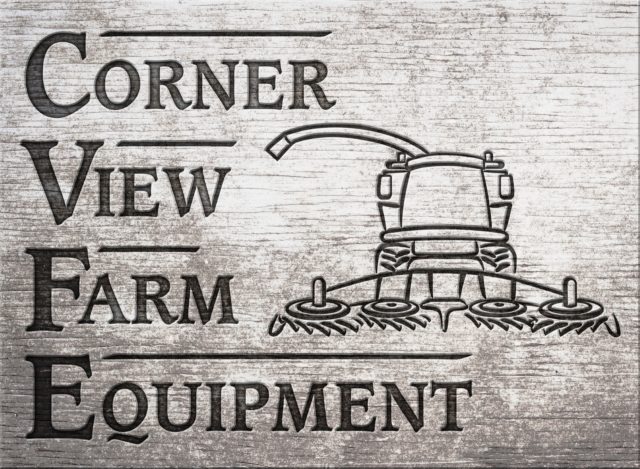Like most dairy managers today, Jamie Kulesa, operations manager for Horizon Organic Dairy in Paul, Idaho, keeps a close eye on his forage. “We’re shooting to be between 50 and 60 percent moisture on our haylage,” Kulesa says.
“We like to be around 68 to 70 percent on the corn silage. If we err, we’ll err to the dry side on haylage, and we’ll err to the wet side on corn silage.”

Horizon grows mainly organic corn seed but some dual-purpose varieties as well. The operation uses a lactobacillus inoculate.
They weigh everything into and out of the pit. The silage pile is shaped so they can drive over it in both directions.
They attempt to pack and chop as quickly as possible.
Depending on how fast the haylage is coming into the pit, they compensate by adding tractor weight.
A rate more than 100 tons per hour requires a second tractor.
 “On corn silage,” Kulesa says, “we’ll end up with three tractors going – or two tractors and the sheep-foot roller.”
“On corn silage,” Kulesa says, “we’ll end up with three tractors going – or two tractors and the sheep-foot roller.”
Horizon has been using SiloStop oxygen barrier for two years now, and according to Kulesa, it has made a tremendous difference in the amount of spoilage they have.
“We used to have to pitch bunkers a lot – the top few inches,” he says. “We don’t have to pitch anything now.
There’s savings there, but there’s also a safety issue as well, since we don’t have anyone standing out on the edge with a pitchfork either.”
When asked if he could change something about their silage from last year to this year, Kulesa says, “A slightly longer growing season, so we could have a little more starch. If you can grant that wish, we could talk.” PD
PHOTOS: Horizon Organic Dairy in Idaho has been using an oxygen barrier film for two years now. According to Jamie Kulesa, operations manager, it has made a tremendous difference in the amount of spoilage they have. Photos by Mike Dixon and Fredric Ridenour.





